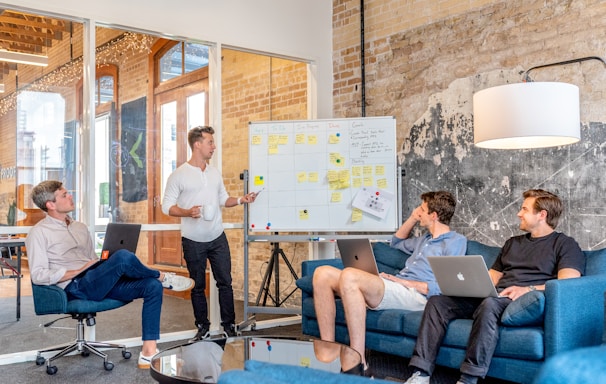Welcome to the Software Engineering
In this section I am going to show some of my Software Engineering experience and knowledge. This also includes personal projects and skills gained so far.
Github projects
Some of my projects can be found in my github repository here. The other projects that are not found in this repository are confidential or done for different companies.


Programming languages
I have experience in different fields and different programming languages:
Java
Python
C++
C#
JavaScript
PHP
Blazor (C# & HTML)


Software Development Methodologies
Familiarity with software development methodologies such as Agile, Scrum, Waterfall, and DevOps. Understanding how to effectively plan, manage, and deliver software projects is crucial for success in software engineering.


Object-Oriented Design
Object-oriented programming (OOP) concepts enabled me to design and build modular, reusable, and extensible software systems. Understanding the principles such as encapsulation, inheritance, and polymorphism.


Data structures and Algorithms
The Fontys journey gave me knowledge of data structures (e.g., arrays, linked lists, trees, graphs) and algorithms (e.g., searching, sorting, graph traversal) that is fundamental for solving complex problems efficiently and designing optimal software solutions.


Database Management
Understanding database concepts, SQL (Structured Query Language), and database management systems (DBMS) is crucial for developing applications that interact with databases, ensuring efficient data storage and retrieval.


Web development
Proficiency in web development technologies such as HTML, CSS, JavaScript, and relevant frameworks (e.g., React, Angular, Node.js) allowed me to build interactive and responsive web applications.


Version control
Knowledge of version control systems like Git enables effective collaboration and facilitates tracking changes in codebases, ensuring smooth team collaboration and efficient code management.


Software Testing and Quality Assurance
Skills in testing methodologies, unit testing, integration testing, and automated testing frameworks (e.g., JUnit, Selenium) are vital for ensuring software reliability, identifying bugs, and maintaining code quality.


CI/CD
Understanding and using Jenkins in the context of continuous integration is a valuable skill for software engineers. Jenkins allows automating the process of building, testing, and integrating code changes into a shared repository. Proficiency in configuring Jenkins pipelines, jobs, and plugins helps ensure that new code changes are continuously integrated and tested, leading to faster development cycles and early detection of issues.


Problem-solving and Analytical Thinking
As Software engineer, I need strong problem-solving skills to analyze complex issues, break them down into manageable components, and devise effective solutions. Analytical thinking helps me in understanding requirements and identifying potential risks. This skill was developed during my studies at Fontys and my experiences in the internships.


Communication and Collaboration
Effective communication skills, both verbal and written, are essential for collaborating with team members, understanding project requirements, and conveying technical concepts to non-technical stakeholders.


Security Principles
Understanding fundamental security concepts and best practices helps in designing and developing secure software systems, protecting against common vulnerabilities and ensuring data privacy. As I am specialized In Cyber Security, more of this chapter can be found here...


